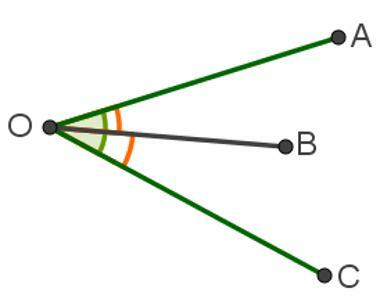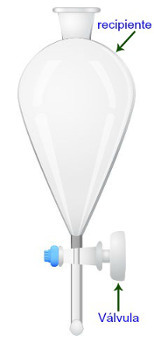Finally, there was an end to indifference! Foreigners K, W and Y are official Brazilian citizens through our language!
But who said they weren't part of the language for a long time? After all, the impetuous Latin already had certain relations, although not cordial, with the discreet Greek. Despite this, the language that gave rise to English, German and French managed to infiltrate the West. But, finally, the Latin sovereignty did not give more space to the spelling coming from this other mother-tongue, until now!
Then, ker to say ky now we can write with "c" or "q" or "k" which will be the same thing ow then "i’ and "y" ow “u” and “w”? Definitely not!
In fact, the three letters are officially in our alphabet, but restricted to use in the cases that currently exist:
• In people's proper names and derivatives: Franklin, Kant, Byronic, Taylor, etc.
• In symbols, abbreviations, acronyms and in words that have been adopted as international measurement units: km (kilometer), K (potassium), W (watt), kW (kilowatt), www (world wide web).
As for foreign words already incorporated in our language, such as: show, download, sexy, shampoo, internet cafe, etc., the new agreement leaves nothing specified, however, it is good to check in the dictionary if such terms were standardized in the tongue. For example: the word “shampoo” already has a Brazilian equivalent “shampoo”, now, the word “show” is found in the same spelling and means theater show, music.
It would be very hypocritical to have it printed on advertisements on boards, that is, on billboards and on television, in names of salons. beauty, “Beauty hair”, or from car supply stores, “Car express” and not welcome our foreignness! Let's no longer turn up our noses at k, w and y! Well, it's not their fault that we're so hospitable, after all, we don't just incorporate letters into our language, but whole words!
So welcome Mister K, Mr. W and Mr. Y! And let's "take an off" on this subject!
By Sabrina Vilarinho
Graduated in Letters
See more!
Hyphen - Know the circumstances in which the hyphen changed and in which it remains the same!
Source: Brazil School - https://brasilescola.uol.com.br/acordo-ortografico/o-alfabeto-brasileiro-as-26-letras.htm


